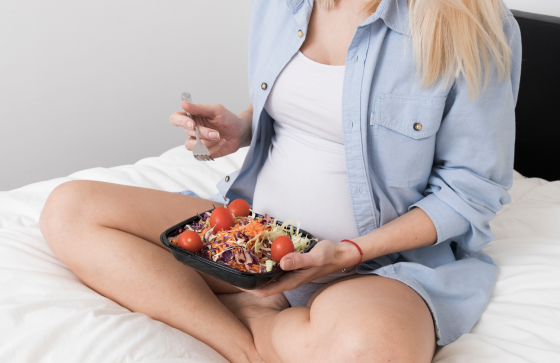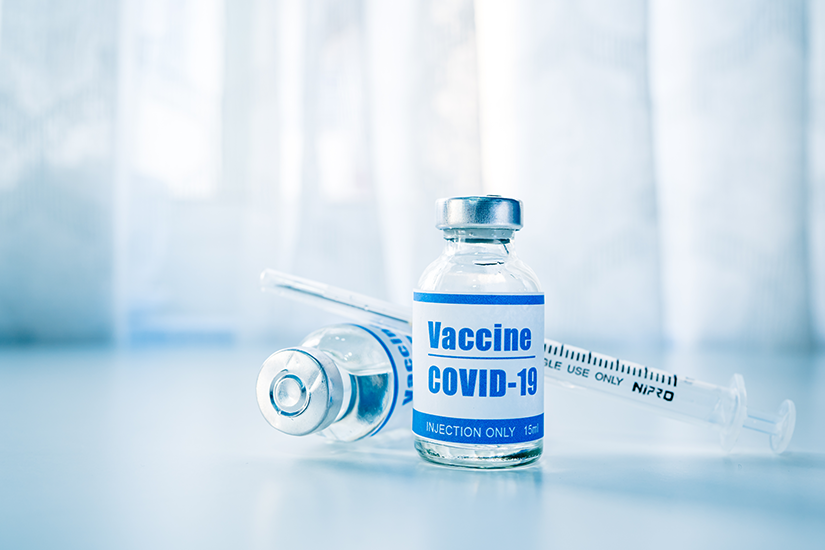- Emergency Ambulance Services
- 8606811111
- 0471-4077777, 0471-7177888
- gro@sutpattom.com
The Role of Mother’s Diet in Determining Fetal Skin Colour
Dr. Lakshmi Ammal, Consultant Gynaecologist, SUT Hospital, Pattom
The anticipation of a baby’s arrival brings forth numerous questions and wonders, including the characteristics they will inherit. One intriguing aspect is the role of a mother’s diet in determining her baby’s skin colour.
Before exploring the impact of diet, it is crucial to grasp the basics of genetics and skin colour inheritance. Genes play a significant role in determining skin pigmentation. Specifically, variations in genes influence melanin production, which is responsible for skin colour.
While genetics largely dictate skin colour, emerging research suggests that maternal diet during pregnancy can influence melanin production in the fetus. Certain nutrients and compounds in a mother’s diet can potentially impact melanin synthesis.
Adequate intake of folate and vitamin B12 is essential during pregnancy for various reasons, including fetal development. Some studies suggest that these nutrients might play a role in melanin production.
Antioxidants like vitamins C and E, as well as beta-carotene, found in fruits and vegetables, are known for their skin-protective properties, while they may not directly determine skin colour.
Genetic Dominance and Variability
Genetic inheritance follows dominant and recessive patterns. Darker skin alleles are often dominant, resulting in a wide range of skin tones within families. However, the specific combination of alleles from both parents determines the actual skin colour of the child.
While it is intriguing to explore the link between maternal diet and fetal skin colour, it is essential to emphasize overall balanced nutrition during pregnancy. A diverse diet rich in fruits, vegetables, lean proteins, whole grains, and healthy fats not only supports fetal development but also contributes to maternal well-being.
Cultural and Environmental Influences
Beyond genetics and diet, cultural factors and environmental exposures also play a role in how skin colour manifests. Sun exposure, geographical location, and cultural practices can influence skin pigmentation.
Emphasizing a healthy, balanced diet during pregnancy is key for overall maternal and fetal well-being, regardless of its impact on skin colour. Ultimately, a baby’s unique characteristics, including skin colour, reflect the beautiful blend of genetic heritage and the nurturing environment provided by the mother during pregnancy.









